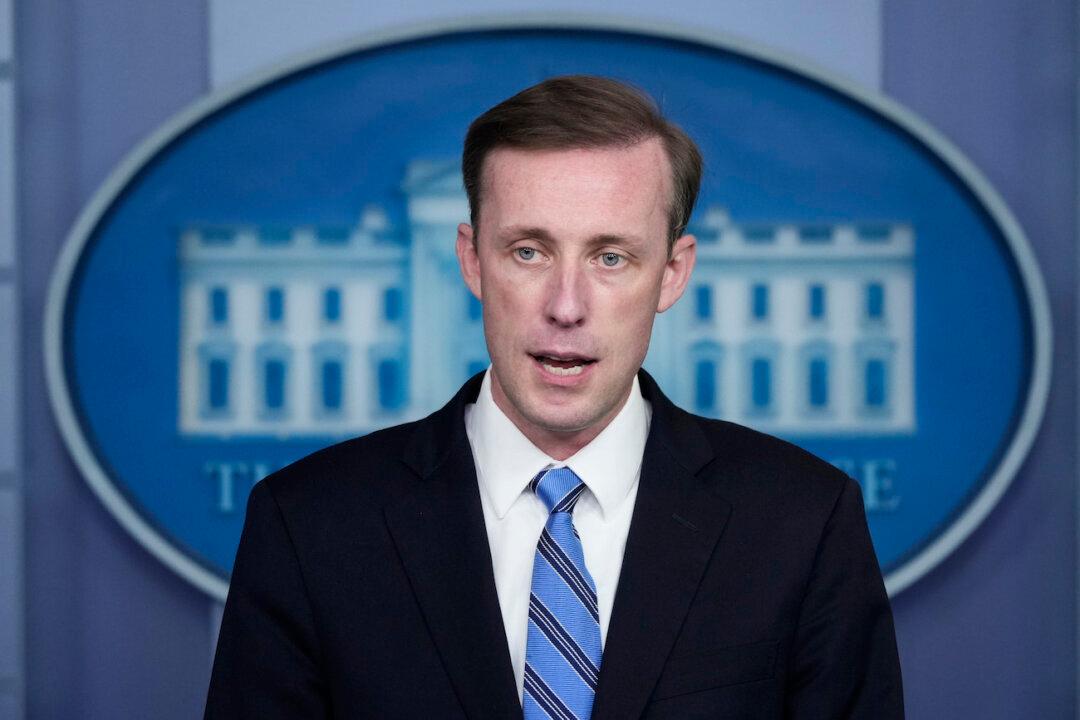White House national security adviser Jake Sullivan refused to brand the Taliban an enemy of the United States during an appearance on MSNBC on Aug.31.
Sullivan appeared on the show just days after the final withdrawal of American troops from Afghanistan, which has seen the Taliban take control of the capital after the leader of the U.S.-backed Afghan government fled the country.




